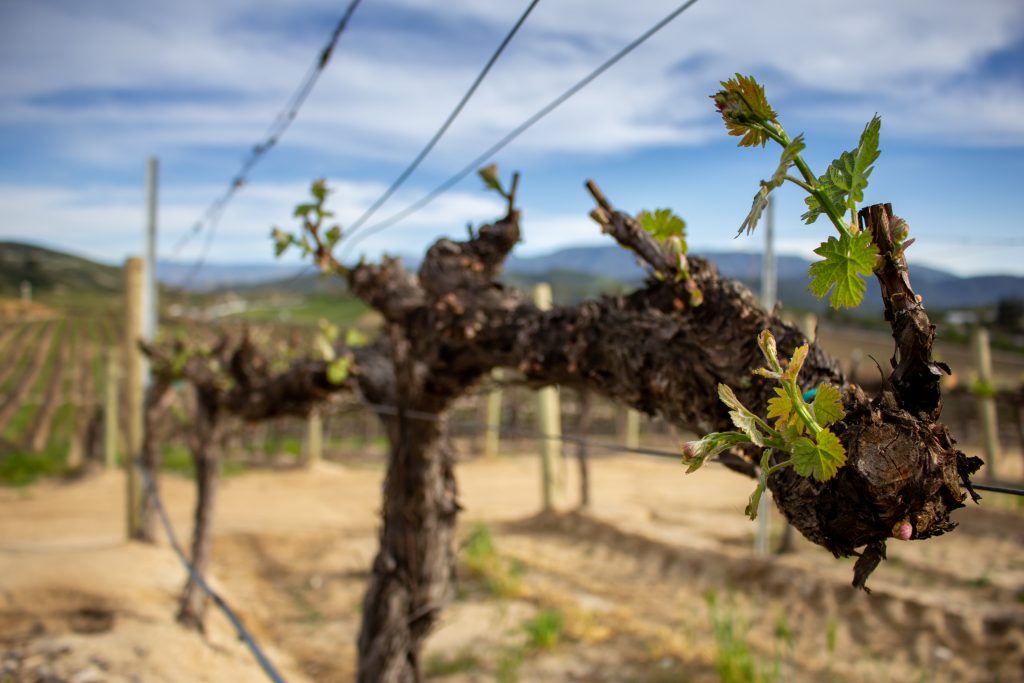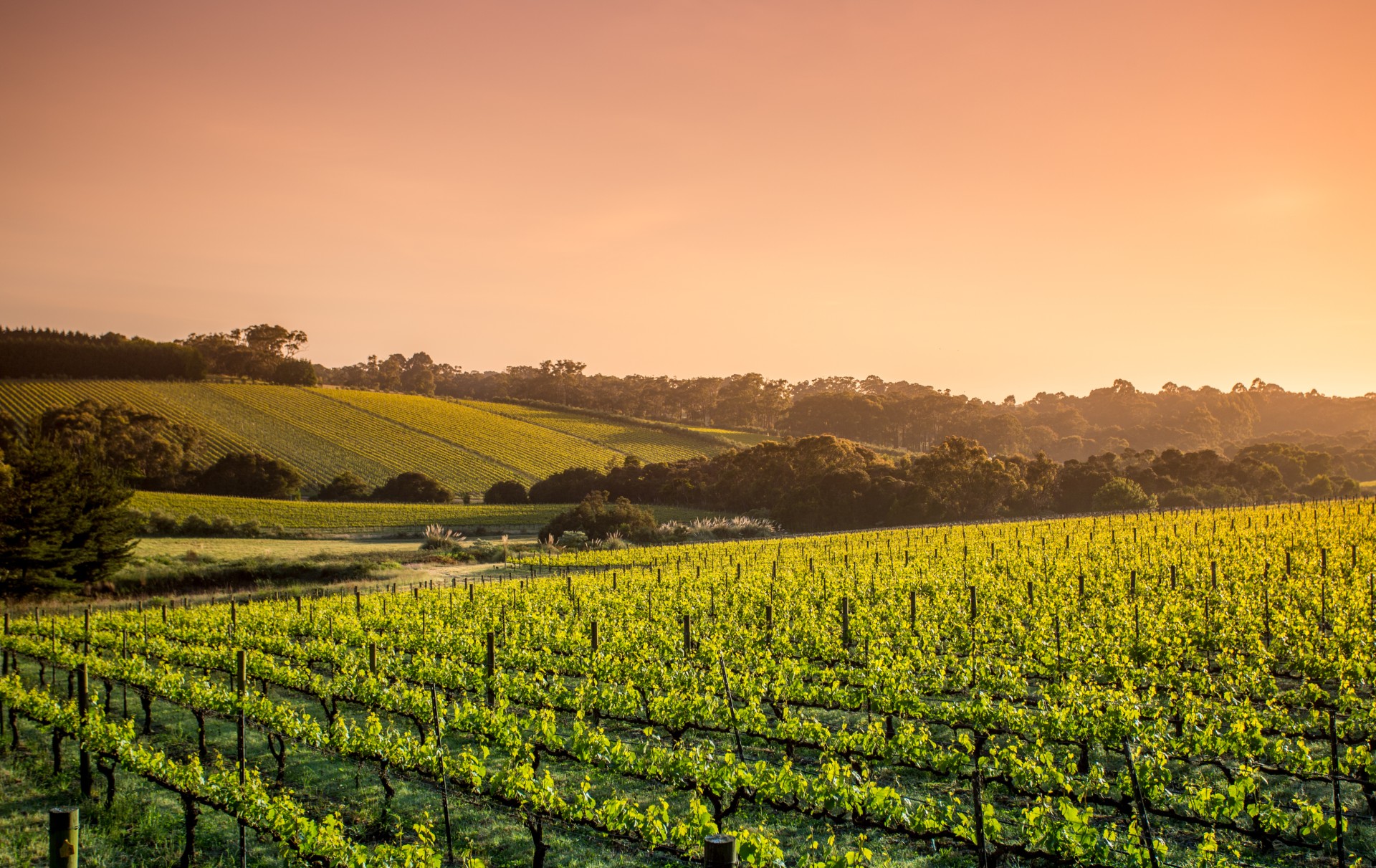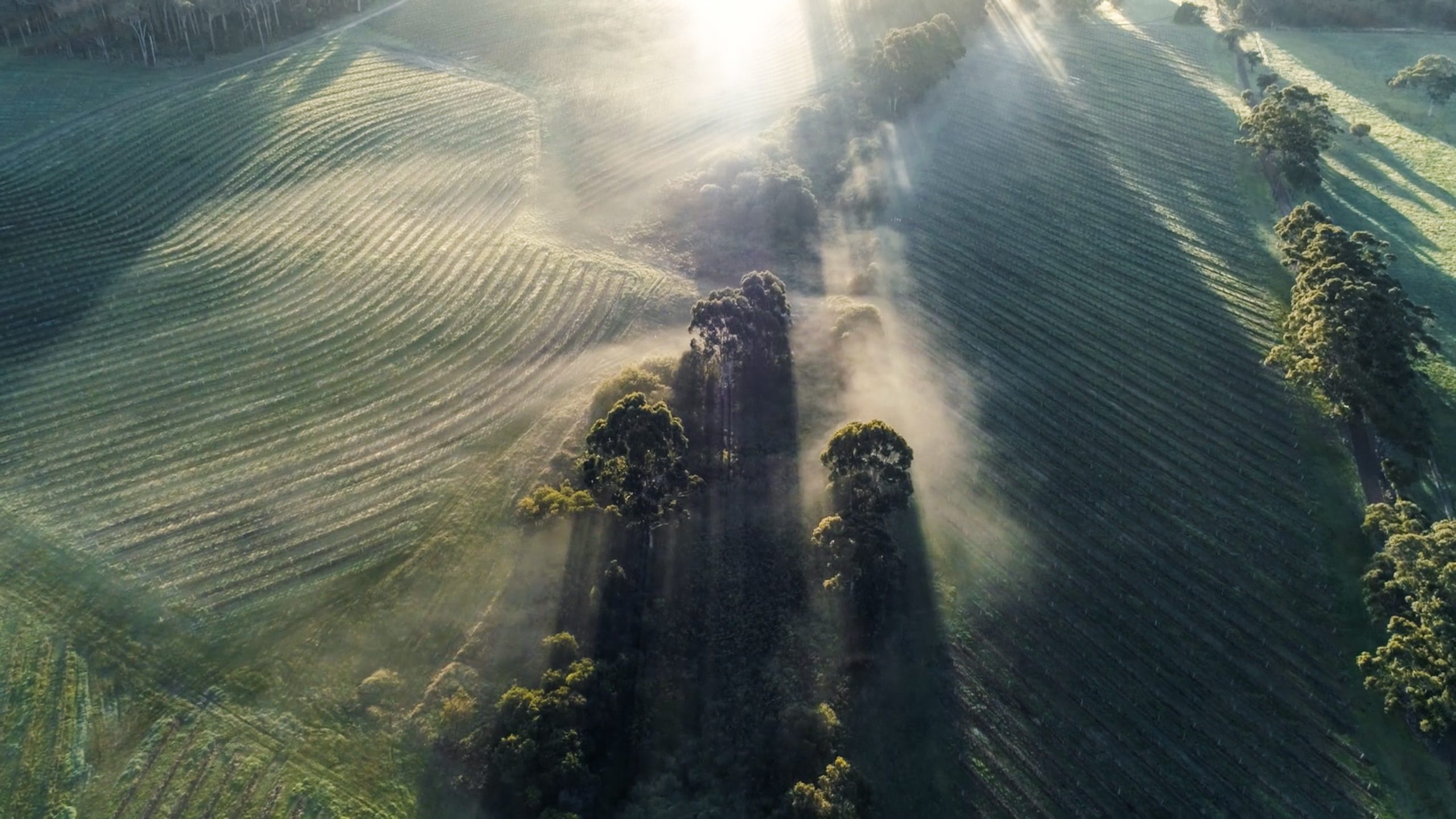Wine Society to fund regenerative farming projects
The Wine Society has launched a new climate and nature programme which will encourage its suppliers and producer partners to adopt regenerative farming practices by awarding grants to individual projects.

The new initiative will encourage producers to apply for funding to support the implementation or expansion of viticultural or vineyard projects. The first year will offer a total of £60,000 of funding, but it is likely that this pot will be increase in future years.
Dom de Ville, The Wine Society’s director of sustainability explained that as while agriculture – including viticulture – was one of the key drivers of climate change and biodiversity loss globally, it also offered one of the greatest opportunities to reverse declines and help slow climate change.
“We want to help our producers survive and thrive in the face of climate change and we believe investing in nature is an important way to achieve this,” he said. “We often hear that growing grapes is becoming harder, in no small part due to the world’s changing climate which brings with it ever more extremes – temperature, droughts and floods, pests and diseases and unpredictability. We want to play our part in helping growers become more resilient, more financially sustainable and part of the solution to the climate and nature challenges we all face.”
It also means that Wine Society had chosen to invest directly with its producers rather than in offsetting schemes, thereby keeping the investment ” to keep within our own family”, according to The Wine Society’s CEO, Steve Finlan.
Speaking to the drinks business at last week’s press tasting, director of wine Pierre Mansour said that the team were very excited about the new ‘legacy initiative’, which was the first time that the Wine Society had “formally invested in the supplier base”.
The emphasis, he said would be on soil health, which offered the greatest potential for carbon sequestration and helped make vineyards more resilient.
“We know that soil has the potential to sequester over 30% of the world’s carbon emissions so we see this as the best way for the wine industry to mitigate climate change”, he explained.
Partner Content
However, the team would be “as flexible as possible” in terms of projects that can be submitted, which range from planting trees and hedgerows in and around vineyards, to adopting more regenerative farming practices that promote biodiversity (above and below ground), restore soil health and mitigate carbon emissions. Both individual vineyards or groups would be able tender a proposal for the grant, it said.
The Wine Society will then fund part of the project, “enough to get things underway” and then monitor the development.
Steve Finlan said the Society would be interested to see how things develop and the difference it makes in the wine, which could be communicated to its members. “Our sense is even – though there’s very little science behind it at the moment – that the wins will be better as a result, but actually engage our members in that journey as a whole narrative.” he said.
Following the launch and initial webinars for suppliers, Mansour said theree had already been “lots of interest” – and it was good to have positive initiatives in the post-Brexit landscape where much of the communication with suppliers has been around administration and paperwork in recent years.
“This is a really nice good news message to be able to share with our producers who have worked tirelessly through all the Covid period,” Finlan added.
The Wine Society aims to be net zero by 2040, with its Sustainability Plan and Carbon Reduction Roadmap committed to halving its total Scope 1, 2 & 3 carbon emissions by 2032.
Related news
Ricky Gervais demands Barossa red on his tour rider




